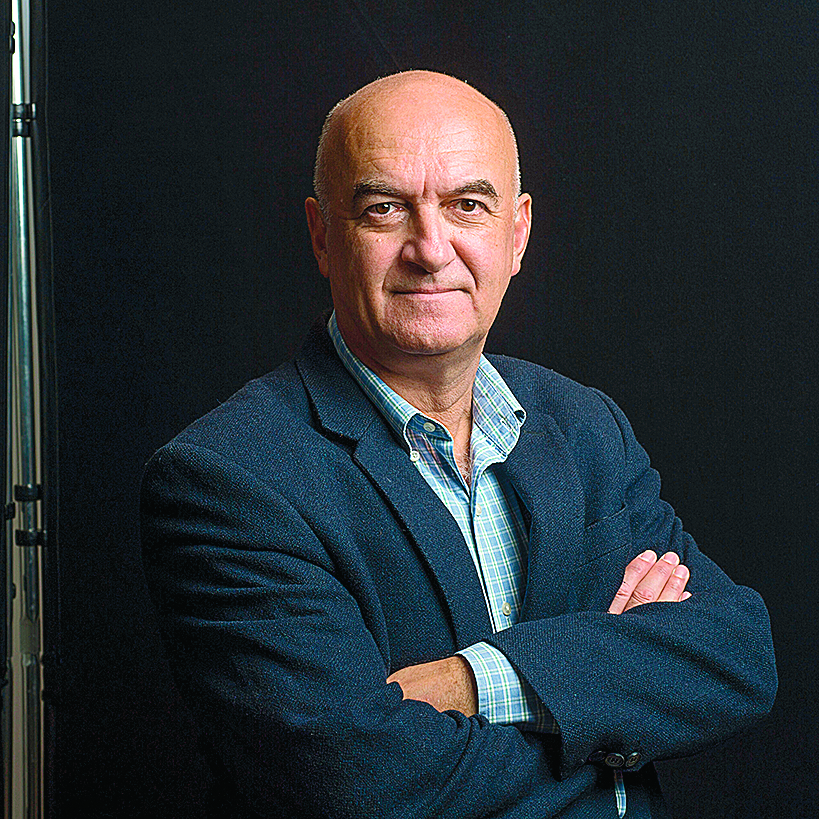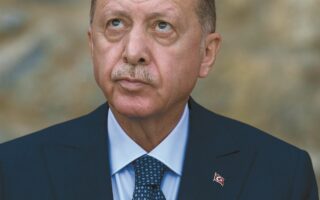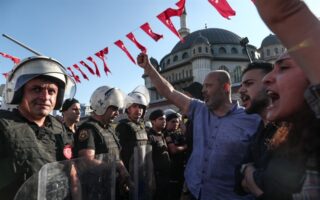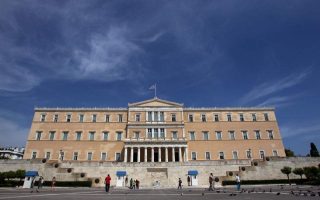A Turkey ‘lost in transition’

A load of uncertainties loom over what is expected to be a year of elections in Turkey. This means it is wide open to a cautious optimism as well as deep pessimism.
The unpredictability of Erdogan’s behavioral patterns are mixed with what his and his ultra-nationalist partners’ intents are for the year 2023, which is the centennial of the Republic. As I predicted in an analysis two years ago – following the conversion of Hagia Sophia into a mosque as an act full of symbolism – Erdogan’s drive to transform Turkey into a full-fledged autocracy will have to be linked to his efforts to question the Lausanne Treaty.
This requires further flexing of muscle and, if the opportunities allow it, continued expansionism with territorial gains. His strategy to stay in power is based on oppression at home and offensive foreign policy. The Western appeasement would never work, and it did not. Erdogan thrives on a fragmented and confused opposition on all flanks and the Western illusions of soft power.
His vision is also articulated in his increasing confrontation with the USA and NATO, in which Greece as well as Syria, Sweden and Finland are only means. Erdogan will remain a great gambler, as he tries to open doors to Russia and the East. Under his rule, we may see Turkey gliding into that sphere, albeit in a slow-motion manner.
Another key question, therefore, is whether or not Russia, Saudi Arabia and the Gulf, but equally important, the UK will prefer to have him stay in power. If so, he may get the financial backing, and we may see his chances to cement his power to permanence rise considerably.
There’s not much room for optimism, unless the economic crisis turns into an unbearable one – a “force majeure” of sorts. Other than being unable to present a powerful, charming contender to Erdogan, the real challenges for the opposition are multifold: The system of the 99-year-old republic nearly collapsed, and the elections will be held under the threat of postponement on the pretext of state of war/crisis. If at all held, they will be conducted in the absence of rule of law, autonomous institutions, and in the shadow of potential violence.
Polarization and fear loom over the country. The opposition so far lacks a coherent program to tackle the massive issues and they have lost contact with the European parties, the EU circles and the American administration. This raises concerns that the actors in power may change, but not the course of the country. For the EU, Turkey seems rather “lost in transition.”
The chances of the opposition depend a) on a further deterioration of the system as a whole, and b) on whether the very core of the AKP and MHP deputies may resign from their parliamentary groups, igniting a deeper crisis. In any case, the year 2023 promises to be the year of a vicious battle.
Yavuz Baydar, Editor in Chief of the independent Ahval news website, Journalist, blogger and activist.
* This opinion piece is part of an in-depth look by 10 analysts, journalists and experts into Turkey ahead of the June 2023 elections: Where will Turkey be a year from now?





